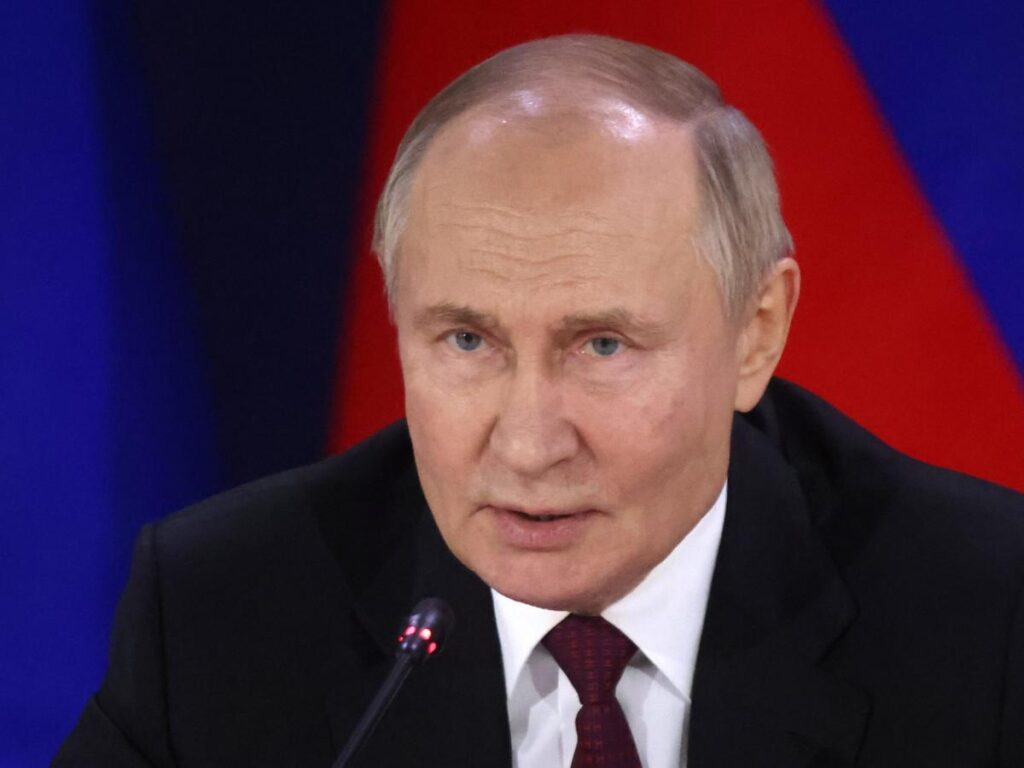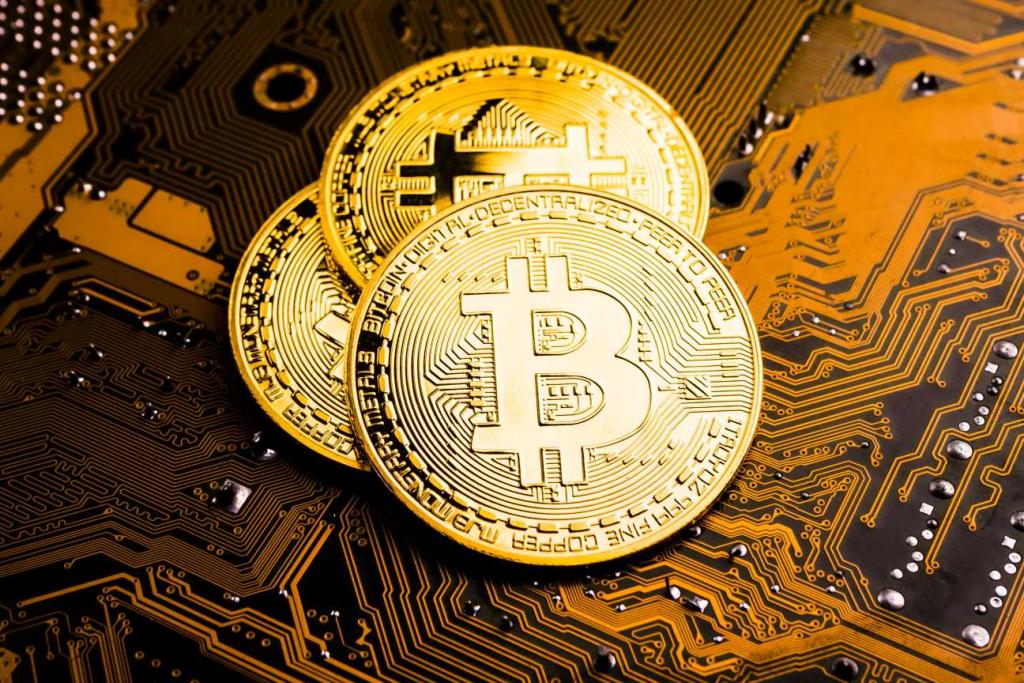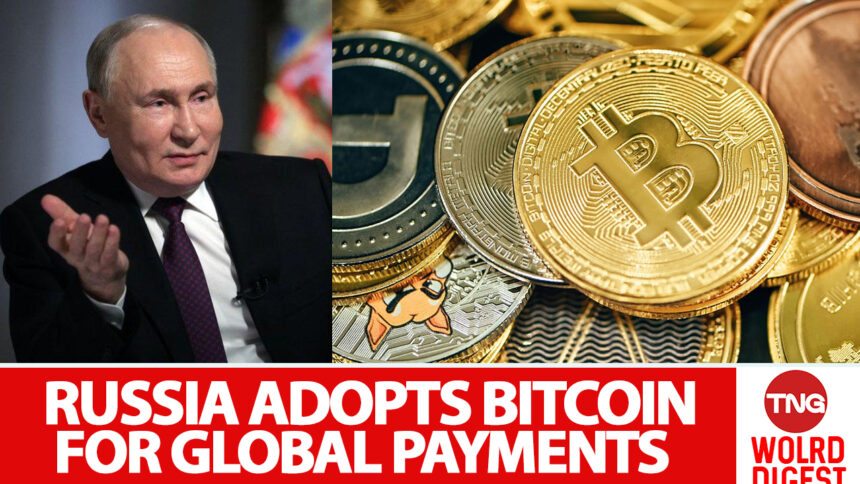Russia has officially started using Bitcoin for international payments. Yes, you heard that right. The country that once banned cryptocurrencies is now embracing them as a lifeline to circumvent Western sanctions.
Russian finance minister Anton Siluanov said on Wednesday, December 25, 2024, that Russian companies have started using Bitcoin and other digital assets in international payments.
Last, the Kremlin established an experimental legal framework for cryptocurrency miners. It included a clause allowing approved entities to use cryptocurrency for overseas transactions. Russia is one of the BRICS countries that are adopting cryptocurrency, particularly Bitcoin. Russia, in particular, has embraced the new digital ruble, which now includes Bitcoin as a new alternative to fiat currency.
Russia’s Finance Minister has been vocal about the country’s new “experimental regime” for Bitcoin transactions. According to Siluanov, these transactions are already taking place and are expected to increase in the future. President Vladimir Putin has also backed Bitcoin, criticizing the U.S. for using the dollar as a political weapon and pushing Bitcoin as a viable alternative.

Russia’s relationship with Bitcoin has been nothing short of tumultuous. In 2017, the Russian government regarded blockchain technology with cautious curiosity, only to ban cryptocurrencies for payments shortly after. Fast forward to 2024, and the script has overturned. You might be wondering what changed. Over the past few years, Russia has faced increasingly severe sanctions from Western nations due to its geopolitical moves—most notably the ongoing war in Ukraine. In response to the crippling sanctions and isolation from traditional trade channels, Russia has legalized the use of Bitcoin for international payments and mining.
Why Bitcoin? For those who don’t know, Bitcoin operates on a decentralized blockchain, meaning it isn’t controlled by any government or institution. This makes it harder for sanctions to block transactions. Also, Bitcoin’s borderless and peer-to-peer nature allows for direct settlements without relying on traditional banks.
Many supporters have applauded this move, but let’s not get carried away. While Russia’s pivot to Bitcoin might seem like a bold move, it’s also uptight with risks. For one, the volatility of Bitcoin could wreak havoc on Russia’s already fragile economy. Moreover, there is also this issue of the transparency.

So, what does this mean for the future of global trade? Will other countries follow Russia’s lead and adopt Bitcoin as a means of bypassing economic sanctions? Or is this just a temporary measure that will fade away once the geopolitical landscape shifts?
Russia’s embrace of Bitcoin has added a new layer of complexity to the global financial system. Whether this move will pay off or backfire spectacularly remains to be seen.
So, is this a smart move by Russia, or a dangerous gamble? Drop your thoughts in the comments below.















